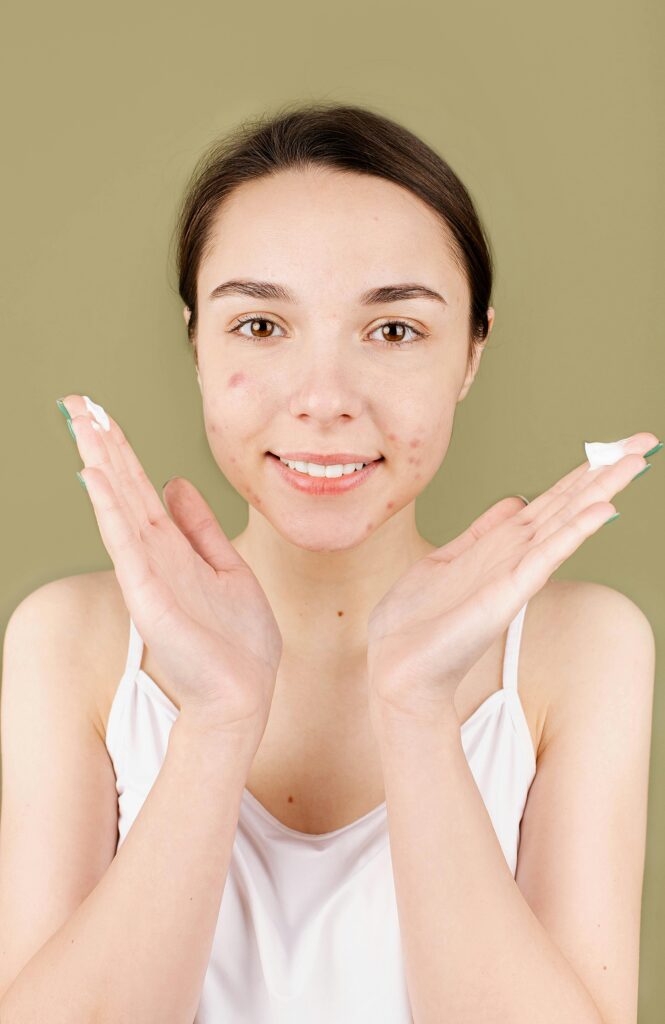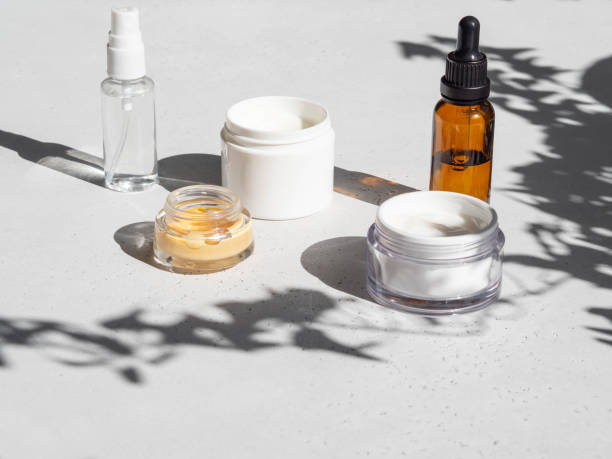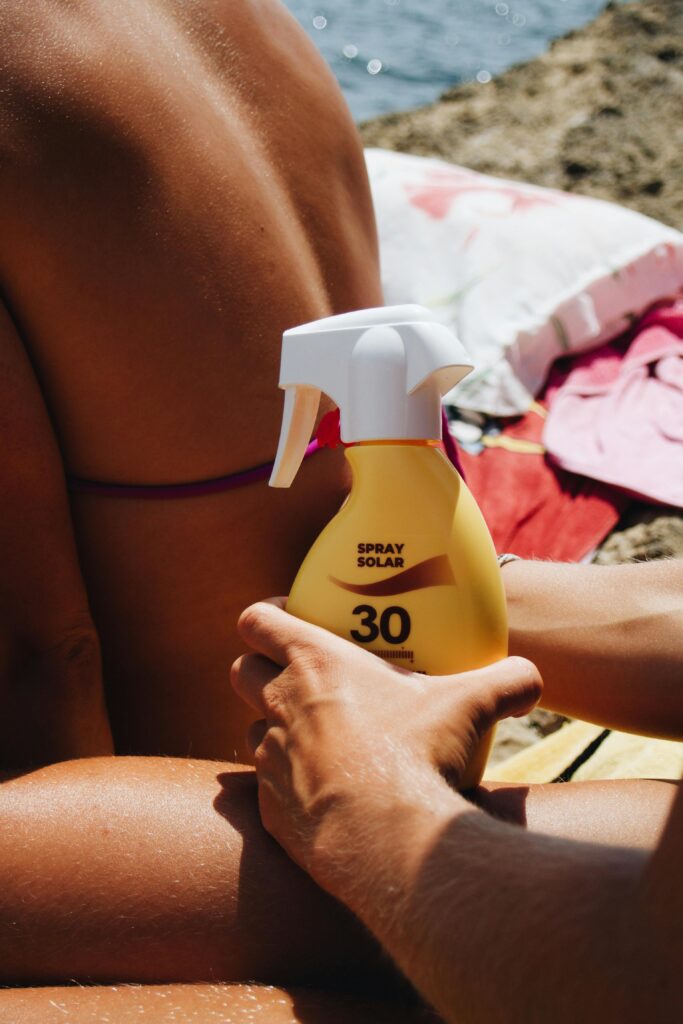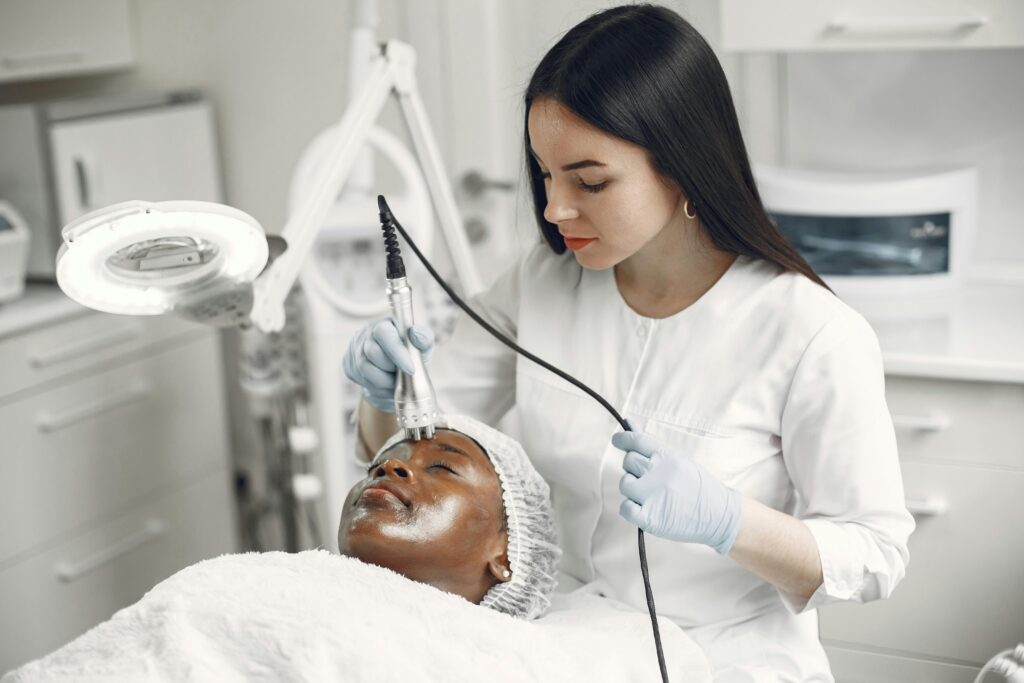Acne is a common skin condition that affects millions of people. For those with sensitive skin, it can be even more challenging to find the right products and treatments to clear up and prevent breakouts.
Managing acne-prone sensitive skin (See Amazon) can be tough, but there are some tips and best practices that can help.
Here are a few things to consider when trying to treat acne-prone sensitive skin.

Use a Gentle Cleanser

The first step in managing acne-prone sensitive skin is to find a gentle, non-irritating cleanser. (See Amazon)
Look for products that are free of harsh chemicals, fragrances, dyes, and alcohol.
It can also be helpful to choose a cleanser that contains moisturizing ingredients, such as hyaluronic acid, (See Amazon) to help keep your skin from becoming dry and aggravated.
Avoid Products with Harsh Ingredients
Many acne products contain ingredients that can be too harsh for sensitive skin.
Benzoyl peroxide, salicylic acid, and retinoids are some of the most common ingredients found in acne treatments, but they can irritate the skin and make existing breakouts worse.
Look for products with soothing ingredients, such as aloe vera, chamomile, and green tea extract. (See Amazon)

Apply a Gentle Moisturizer

Moisturizing acne-prone (See Amazon) skin is very important in order to keep its balance.
However, it is imperative to pick a moisturizer that is gentle enough for sensitive skin.
Look for a lightweight, oil-free formula that contains soothing and hydrating ingredients, such as glycerin, shea butter, or vitamin E.
Steer clear of products that contain alcohol, as it can dry out the skin and make acne worse.
Wear Sunscreen
Acne-prone skin can be more susceptible to sun damage, so it is important to wear sunscreen every day.
To avoid additional irritation, select a gentle, fragrance-free formula with a minimum SPF of 30. (See Amazon)
Also, make sure to choose a formula that is noncomedogenic, which means it won’t clog your pores.

Be Mindful of Makeup

Many women with sensitive skin notice that makeup can make their breakouts worse.
If you wear makeup, look for products labeled “noncomedogenic” or “oil-free” (See Amazon) to keep your pores from getting clogged.
Also, steer clear of products with alcohols and fragrances, as these can be more irritating to the skin.
Finally, remember to remove your makeup (See Amazon) every night before bed to allow your skin to breathe.
Practice Good Hygiene
It is important to wash your face twice a day with a gentle cleanser. (See Amazon)
It is also a good idea to have a clean pillowcase and sheets on your bed. (See Amazon) This can help prevent breakouts by reducing the transfer of bacteria.

Focus On Diet

Some dermatologists believe that dairy, refined sugar, and other high-glycemic foods can trigger breakouts in some people.
While the research on this topic is still ongoing, it is a good idea to pay attention to what you eat and make notes of how your skin reacts.
Healthy, balanced diet (See Amazon) can only have a positive impact on your overall health and wellbeing.
Consult a Dermatologist
If you are having difficulty managing acne-prone sensitive skin, it may be in your best interest to consult with a dermatologist. A dermatologist can help you determine the best course of action to manage your acne-prone skin while minimizing irritation.
They can also prescribe topical or oral medications, as well as perform treatments like chemical peels and laser therapy.
Managing acne-prone sensitive skin can be a struggle, but by following these tips and best practices, you can help reduce breakouts and prevent irritation.
Remember to be patient and consistent with your routine, as it can take some time to see improvements in your skin. If you continue to have trouble managing your acne-prone sensitive skin, consult with a dermatologist for professional advice.

